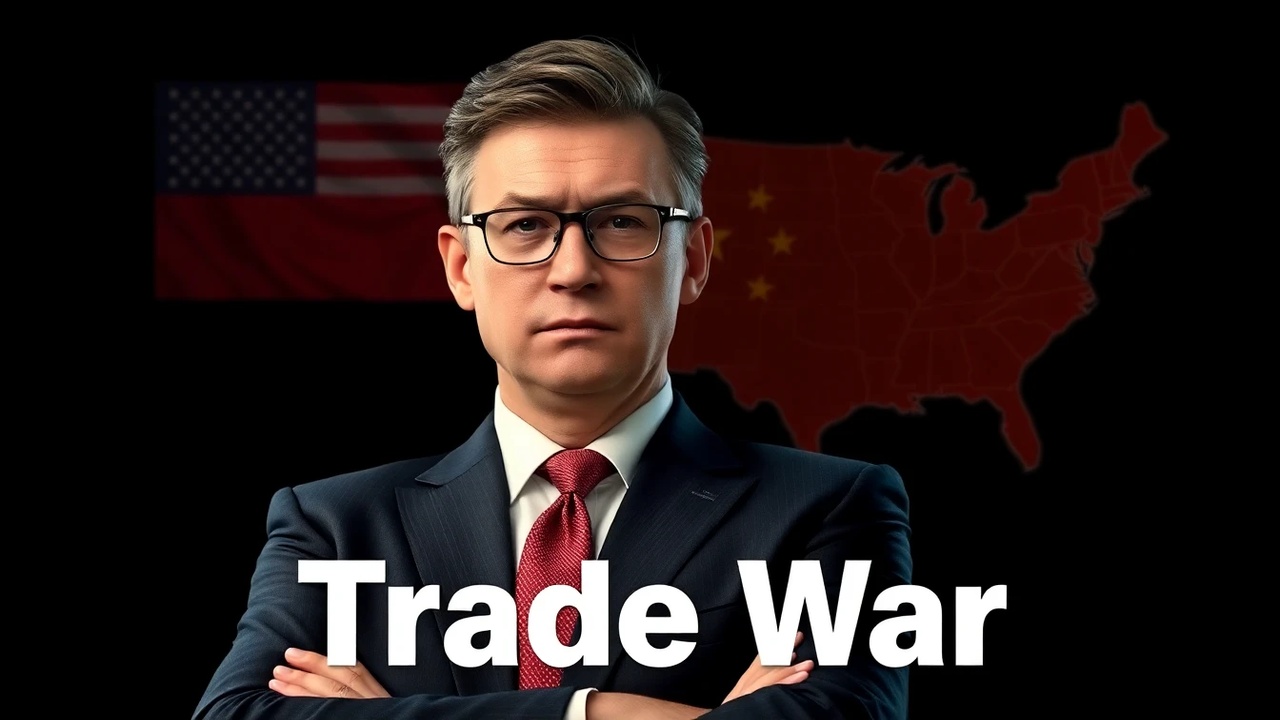Three major tobacco companies — JTI-Macdonald Corp., Rothmans, Benson & Hedges, and Imperial Tobacco Canada Ltd. — are poised to pay nearly $25 billion to provinces and territories, and over $4 billion to Quebec smokers and their families, as part of a corporate restructuring process. This settlement follows a lengthy legal battle dating back decades.
The proposed arrangement was filed in an Ontario court after five years of negotiations. It comes after the companies sought creditor protection in 2019, following their loss in a landmark Quebec case. The legal process was paused as they worked on a settlement with creditors, including Quebec class-action plaintiffs and provincial governments seeking compensation for smoking-related healthcare costs.
The plan proposes payments over time, with around $6 billion to be distributed when the deal is finalized. Quebec plaintiffs, who sued the companies for the health impacts of smoking, could claim up to $100,000 each. Additionally, more than $2.5 billion is earmarked for smokers diagnosed with lung or throat cancer and chronic obstructive pulmonary disease between 2015 and 2019 across other provinces.
Bruce W. Johnston, a lawyer for the Quebec plaintiffs, hailed the settlement as “historic and unprecedented,” emphasizing its significance in compensating both individual victims and governments. “This case will result in tens of thousands of victims being compensated, particularly in Quebec, along with the provincial governments sharing in a $24 billion payout,” he said.
Though many class-action members have passed away during the lengthy legal proceedings, their heirs will still be eligible for compensation. The plan also includes a $1 billion contribution from the companies to fund a foundation dedicated to combating tobacco-related diseases.
While the deal marks a monumental step toward resolution, some groups, like the Canadian Cancer Society, are advocating for the inclusion of tobacco control measures and the public disclosure of internal company documents as part of the settlement. Critics have also expressed concerns over the transparency of the negotiations and the influence of tobacco companies over the final terms.
The settlement must now pass several stages, including creditor approval and court endorsement, before it can be finalized.
This case represents one of the most significant tobacco-related settlements globally, second only to the U.S. deal reached in the 1990s. However, some stakeholders believe more policy measures should be integrated to further curb tobacco use.



you are in reality a just right webmaster. The website loading speed is incredible. It kind of feels that you are doing any unique trick. Moreover, The contents are masterwork. you’ve done a fantastic task on this subject!
Thank you so much for your kind words! We’re thrilled to hear that you’re enjoying the content and the website experience. We continuously strive to optimize loading speed and provide high-quality articles for our readers. Your feedback means a lot and motivates us to keep improving. Let us know if there’s a specific topic you’d like us to cover!
Hi , I do believe this is an excellent blog. I stumbled upon it on Yahoo , i will come back once again. Money and freedom is the best way to change, may you be rich and help other people.
Thank you so much for your kind words and for stumbling upon the blog! I’m glad you found it worthwhile and appreciate your thoughtful wishes. Your support means a lot, and I hope to continue sharing content that helps and inspires others. Looking forward to having you back again!
Thanks , I’ve just been searching for information about this topic for ages and yours is the best I have discovered so far. But, what about the conclusion? Are you sure about the source?
Thank you for the kind words! I’m glad the information was helpful. If you have any concerns about the conclusion or the source, I’d be happy to clarify or provide more details. Accuracy is important, and I strive to make sure everything is well-researched. Let me know which part you’re questioning, and I’ll make sure everything checks out! 😊